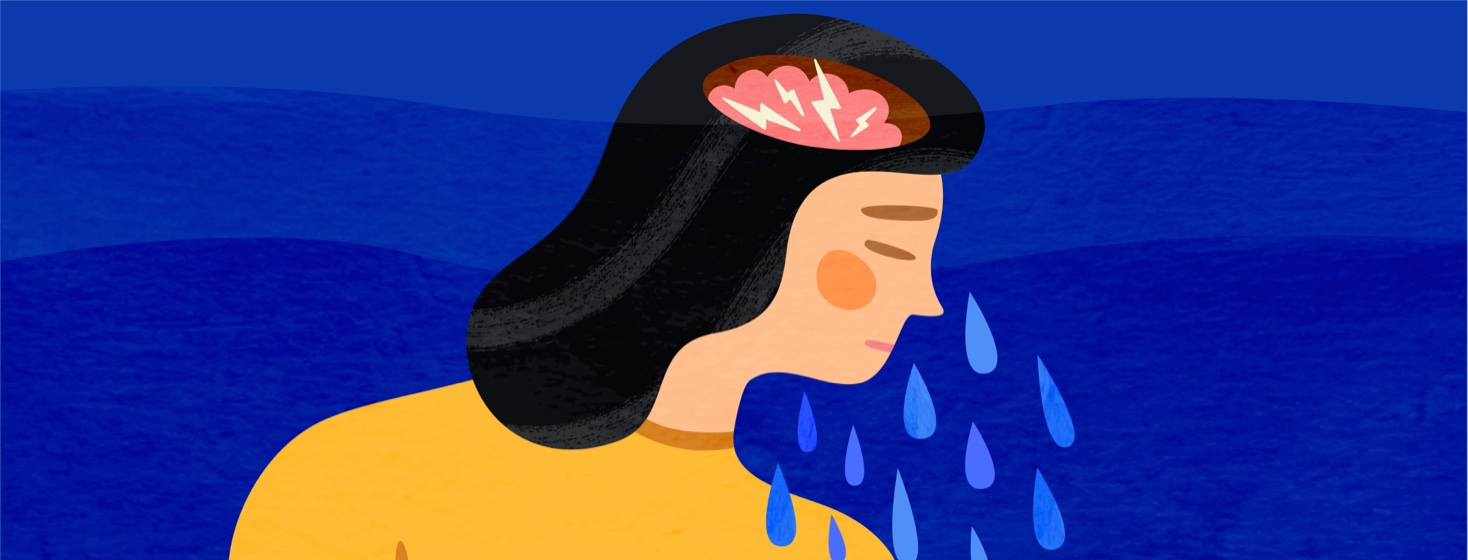Migraines and Endometriosis
People living with endometriosis are nearly twice as likely to have migraine headaches as people without endo.1 In fact, 43% of people who responded to our 2021 Endometriosis In America survey have migraines in addition to endometriosis. It’s a common combination.2
What's the connection between endometriosis and migraines?
We don’t yet know the reason behind the linkage between endometriosis and migraines. Theories include a hormone imbalance caused by endometriosis (or that causes endo) that also causes migraines. Or perhaps the chronic pain from endometriosis causes the brain to become more attentive to pain, making the headaches are more severe for people with endo pain. Or maybe the other way around: Migraine pain may make endometriosis pain more severe. Inflammation caused by endometriosis may cause the migraines. Or there may be a genetic source.1,3 We just don’t know yet.
Whatever the cause, it seems that the worse the endometriosis pain is, the more severe the migraines tend to be. More severe migraines were reported by people with DIE (deep infiltrating endometriosis) and endometriomas (endometriosis cysts on the ovary, also called “chocolate cysts”).4
Menstrual migraines are common; about 60% of women with migraines have their headaches around the time of their period.5 65% of people with endometriosis reported menstrual headaches.3 And people with endometriosis are more likely to have non-migraine type headaches, too.1
Migraines and quality of life
Why is all this important? Like endometriosis, migraines can stop people from participating in their usual activities. Most people with migraines don’t ever get a diagnosis. More than half never even talk with their doctors about the headaches.6 Depression is more common in women with migraines.3 And migraines are more likely to be ignored in people with other chronic medical conditions.1 They can obviously have a serious impact on your life.
Options for pain relief
Many people find relief from migraines through lifestyle changes, like diet, exercise, and mindfulness. (If you haven’t already, check out our related site migraine.com for more information). And there are plenty of medications that are effective to prevent and stop migraine, especially menstrual migraines. Menstrual migraines often improve with some of the same hormonal medications that help with endometriosis.7,8 And if your gynecologist or primary care doctor is not able to help, ask to see a migraine specialist.
Migraines and endometriosis are two painful chronic health issues that often go hand in hand. Adding a menstrual migraine to an already-awful period week just seems unfair. Are you someone who deals with both? What have you found that helps you?

Join the conversation